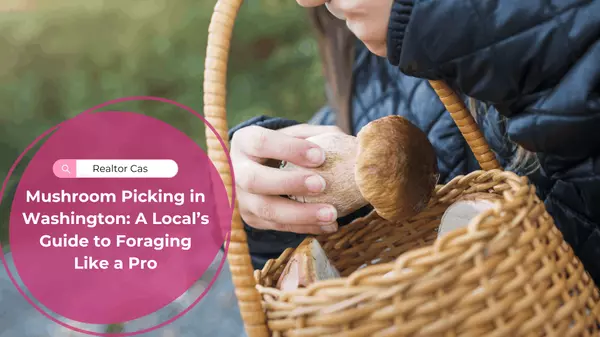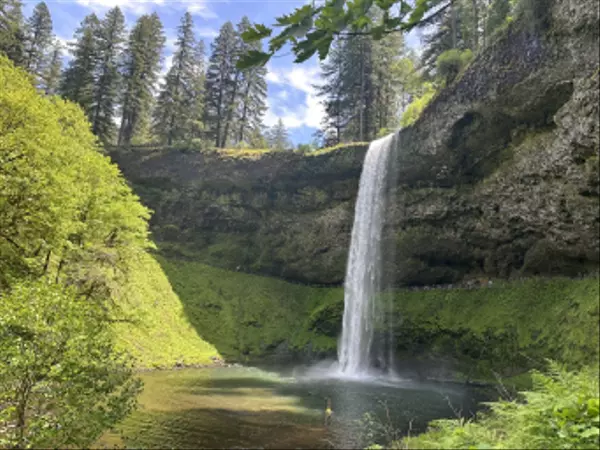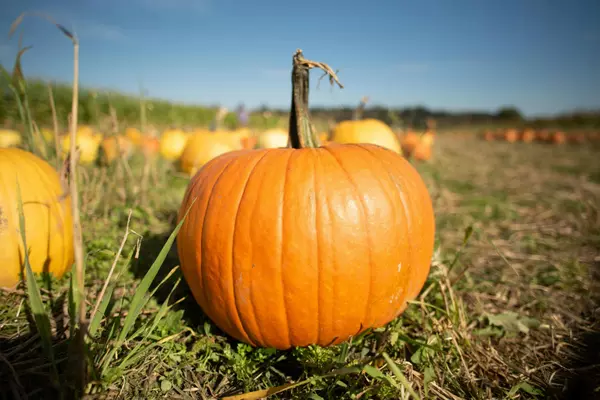5 Things You MUST Give Up to Live in Rural Vancouver Washington
Living in the picturesque rural areas of Southwest Washington may seem like a dream come true, but before you trade in your Nikes and sweats for cowboy boots and Carhartts, there are some essential life changes you need to consider. Hi, I'm Cassandra Marks, also known as Realtor Cas, and I'm a local area expert who grew up in rural Minnesota and later returned to my farming roots in Southwest Washington. In this blog post, I'll guide you through five crucial adjustments you'll need to make if you're thinking about making the transition to rural living.
1. Internet: Embrace Slow Connections and Limited Options
Do you enjoy streaming movies, watching YouTube, or working from home with a fast internet connection? Well, get ready for some frustrating moments in rural Southwest Washington. Internet options are limited, and even the best available options may not match the speed and reliability of urban areas. CenturyLink is the primary provider, but it can be frustratingly slow, making it challenging for multiple people to work or stream simultaneously. Sometimes, if you're lucky, Xfinity might be an option, but it's not guaranteed, and its performance may not meet your expectations. Additionally, some residents have turned to satellite internet providers like Starlink, but it comes with a high initial cost and concerns about declining speeds.
2. Septic Tanks and Special Toilet Paper: Bid Farewell to Garbage Disposals and 2-Ply Tissue
In rural areas, you won't be connected to the public sewage system, so you'll rely on septic tanks. This means no more garbage disposals, as they can disrupt the delicate balance of the septic system. You'll also need to use septic-safe toilet paper, which breaks down quickly and avoids harming your septic tank. Costco's Kirkland brand offers a septic-safe option that's popular among rural residents. Neglecting proper septic care can lead to costly repairs down the road, so it's essential to understand the maintenance requirements and get regular inspections.
3. Well Water: Say Goodbye to Water Bills, but Prepare for Other Costs
In many rural properties, you'll rely on well water, which comes with its pros and cons. The advantage is that you won't have a water bill. However, well maintenance can be expensive. Wells run on electricity, and you need power to pump water into your home. Additionally, not all wells produce the same amount of water or have the same water quality. Some may require treatment for minerals like lead or sulfur. Moreover, during power outages, you'll have no access to water, so having a backup plan is crucial. This could involve whole-home generators, solar power, or wood-burning stoves.
4. Guarantee of Electricity & Heat: Preparing for Power Outages
Power outages are relatively common in rural areas, especially during severe weather conditions, like storms and wildfires. Power companies may shut off electricity to prevent wildfires during dry seasons. If your power goes out, you'll have no access to water, and heating your home can be a challenge. Many rural homes have whole-home generators to ensure a continuous power supply, and alternative heating methods, such as wood-burning stoves, are common. It's essential to prepare for these situations.
5. Distance from Amenities and Emergency Help: Plan Your Trips and Prepare for Emergencies
Living in rural areas means you'll be farther from amenities and services. A quick trip to the store could easily turn into a 45 to 60-minute round trip. You'll need to plan your errands carefully, as you won't have the convenience of city living. Additionally, being further away from emergency services means you'll need to brush up on your first aid skills and be prepared for farm emergencies.
Despite these challenges, rural living in Southwest Washington offers a peaceful and rewarding lifestyle. If you're considering making the move, it's essential to be well-prepared and informed about the adjustments you'll need to make. Living rurally can be a wonderful experience, but it requires a different set of skills and expectations compared to city living.
If you have more questions about rural living in Southwest Washington or need guidance in finding the perfect rural property, feel free to reach out to me. I'm passionate about helping people make a smooth transition into farm life, and I'd love to assist you in finding the ideal area that suits your preferences and needs. I hope you now have a better understanding of what it takes to live rurally in Southwest Washington. Until next time, happy farming and rural living!
Categories
Recent Posts










GET MORE INFORMATION

Cassandra Marks
Realtor, Licensed in OR & WA | License ID: 201225764
Realtor, Licensed in OR & WA License ID: 201225764
